
Steven Arthur Pinker is a prominent Canadian-American experimental psychologist, cognitive scientist, and author of popular science. Pinker is known for his wide-ranging explorations of human nature and its relevance to language, history, morality, politics, and everyday life. He conducts research on language and cognition, writes for publications such as the New York Times, Time, and The New Republic, and is the author of numerous books, including The Language Instinct, How the Mind Works, Words and Rules, The Blank Slate, The Stuff of Thought, The Better Angels of Our Nature, The Sense of Style, and most recently, Enlightenment Now: The Case for Reason, Science, Humanism, and Progress. He was born in Canada and graduated from Montreal's Dawson College in 1973. He received a bachelor's degree in experimental psychology from McGill University in 1976, and then went on to earn his doctorate in the same discipline at Harvard in 1979. He did research at the Massachusetts Institute of Technology (MIT) for a year, then became an assistant professor at Harvard and then Stanford University. From 1982 until 2003, Pinker taught at the Department of Brain and Cognitive Sciences at MIT, and eventually became the director of the Center for Cognitive Neuroscience. (Except for a one-year sabbatical at the University of California, Santa Barbara in 1995-6.) As of 2008, he is the Johnstone Family Professor of Psychology at Harvard. Pinker was named one of Time Magazine's 100 most influential people in the world in 2004 and one of Prospect and Foreign Policy's 100 top public intellectuals in 2005. He has also received honorary doctorates from the universities of Newcastle, Surrey, Tel Aviv, McGill, and the University of Tromsø, Norway. He was twice a finalist for the Pulitzer Prize, in 1998 and in 2003. In January 2005, Pinker defended Lawrence Summers, President of Harvard University, whose comments about the gender gap in mathematics and science angered much of the faculty. On May 13th 2006, Pinker received the American Humanist Association's Humanist of the Year award for his contributions to public understanding of human evolution. In 2007, he was invited on The Colbert Report and asked under pressure to sum up how the brain works in five words – Pinker answered "Brain cells fire in patterns." Pinker was born into the English-speaking Jewish community of Montreal. He has said, "I was never religious in the theological sense... I never outgrew my conversion to atheism at 13, but at various times was a serious cultural Jew." As a teenager, he says he considered himself an anarchist until he witnessed civil unrest following a police strike in 1969. His father, a trained lawyer, first worked as a traveling salesman, while his mother was first a home-maker then a guidance counselor and high-school vice-principal. He has two younger siblings. His brother is a policy analyst for the Canadian government. His sister, Susan Pinker, is a columnist for the Wall Street Journal and the author of The Sexual Paradox and The Village Effect. Pinker married Nancy Etcoff in 1980 and they divorced 1992; he married Ilavenil Subbiah in 1995 and they too divorced. He is married to the novelist and philosopher Rebecca Goldstein, the author of 10 books and winner of the National Medal of the Humanities. He has no children. His next book will take off from his research on "common knowledge" (knowing that everyone knows something). Its tentative title is: Don't Go There: Common Knowledge and the Science of Civility, Hypocrisy, Outrage, and Taboo.
Series
Books

Enlightenment Now
The Case for Reason, Science, Humanism, and Progress
2018
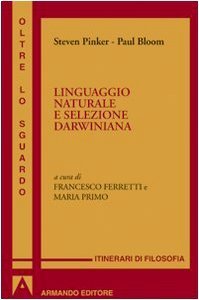
Linguaggio naturale e selezione darwiniana
2010

Connections and Symbols
1988

Do Humankind's Best Days Lie Ahead?
2016
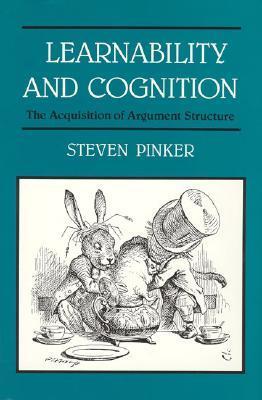
Learnability and Cognition
The Acquisition of Argument Structure
1989
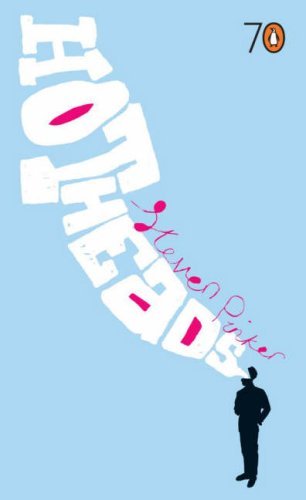
Hotheads
2005

Rationality
What It Is, Why It Seems Scarce, Why It Matters
2021

The Stuff of Thought
Language as a Window into Human Nature
2007
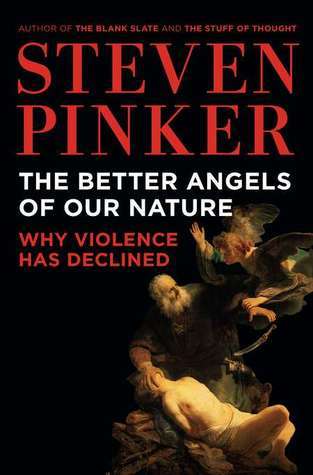
The Better Angels of Our Nature
Why Violence Has Declined
2010
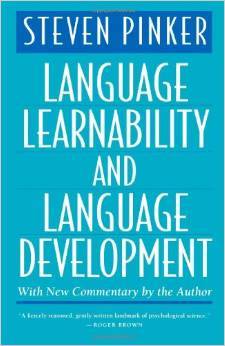
Language Learnability and Language Development
First Edition
1984
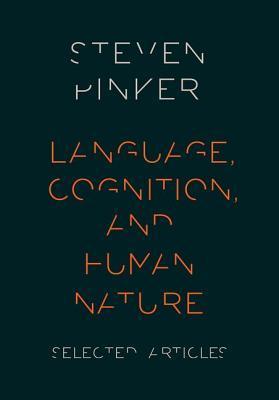
Language, Cognition, and Human Nature
Selected Articles
2013

How the Mind Works
1997
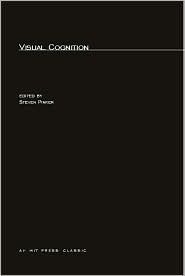
Visual Cognition
1753

The Sense of Style
The Thinking Person's Guide to Writing in the 21st Century
2014
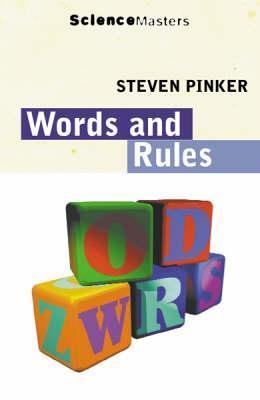
Words and Rules
The Ingredients of Language
1999
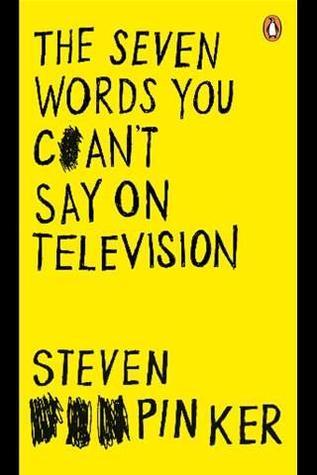
The Seven Words You Can't Say On Television
2008

The Language Instinct
How the Mind Creates Language
1994

The Blank Slate
The Modern Denial of Human Nature
2002